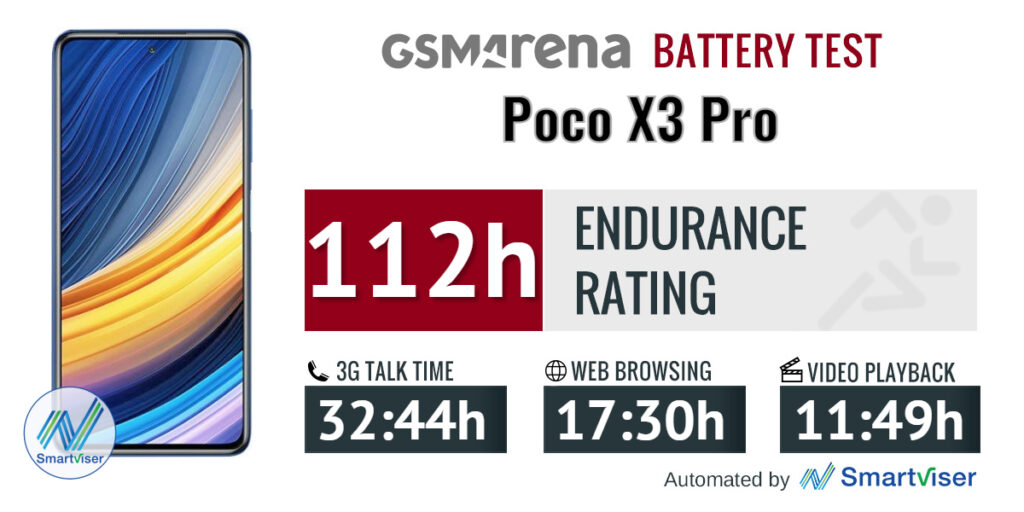Understanding The Difference
Nowadays any website requires traffic to have prospects and later clients; There are several ways to get traffic and this time I will talk about two specific ones: traffic from organic searches and traffic from paid searches. Each type of search traffic has pros and cons and can have drastically different outcomes for conversions, user intent, as well as the overall goals of your website.
Let us begin.
What is Organic Search?
It is to make your site show up in the unpaid results of the search engines at the moment a user performs a search.
The way to get your website to appear in those positions is with search engine optimization strategies or, as it is called in digital marketing: SEO (Search Engine Optimization).
SEO is a great tool to have your business out there. Not only does it work excellently for brand awareness, it also enhances customer engagement and loyalty. In fact, many businesses that have gone digital have started employing this as a staple in their marketing strategy.
There are several factors to determine the ranking, but the most important are relevance and authority of the content of the page that competes for a specific search term.
What is Paid Search?
Contrary to organic search, paid search is when the user clicks on paid results, they are the links that appear at the top of the search results and are presented by the campaigns that are run using the Google Ads platform; these are actions and strategies commonly known as SEA (Search Engine Advertising)
The most used search engines offer two types of traffic to websites and depending on the purpose and maturity of the website you can use them with their advantages and disadvantages.
Both SEO and SEA, which help drive traffic to a website, are grouped under the term SEM (Search Engine Marketing) as they are both search engine marketing strategies.
That said, and having the context, let's see what the difference is.
Distinct Differences Between Paid Search and Organic Search
Paid Search: In paid search, keywords control is in your hands. This means you can rank your site for any keyword you like and this is dependent on the amount of money you are willing to pay. This is the same thing with a product/service advertising campaign, the decision of the site pages to appear, and the number of times they appear in paid search results, all depends on you. So, both the results control and your budget is all on your hands.
Paid search campaigns are essential when you launch a new website and need to get traffic “right away” from scratch. You need immediate visibility to attract qualified prospects until you can build long-term credibility on the web. Relatively easy to set up, advertising campaigns require a budget, all the more if your business sector is competitive.
Organic Search: For organic search the procedure is different. The factors that influence the search results are way beyond your reach. The only control you have is on dictating the type of content that is being published on your site. While you might have control over that, your influence on the process or algorithms that Google put in place to help determine if your site’s quality matches their criteria is very limited.
In organic search, you focus attention and effort on appearing on the first page of Google. Also, Organic visits are often referred to as free traffic because it is gotten with no expenditure made and only thing required is proper optimization so you can appear on the search results. To avoid confusion you can always seek the services of an SEO expert, no matter the cost incurred.
Because the credibility of your site is built over time and that appearing on the first page of Google results requires sustained long-term efforts, you cannot rely solely on paid search and what it entails for the budget. This is where Organic search is important, especially content marketing. The idea is to focus on the regular production of quality and relevant content so that your site is positioned in the search engines. Publishing unique content takes time, but the results are long-lasting, just like the philosophy of Inbound Marketing.
Once you realize the importance of long-term efforts, you will gradually orient your web marketing strategy towards SEO including the creation of content strategically powered by social media.








